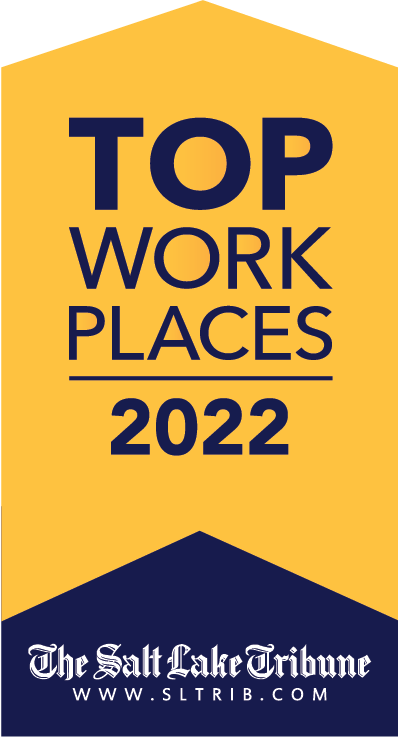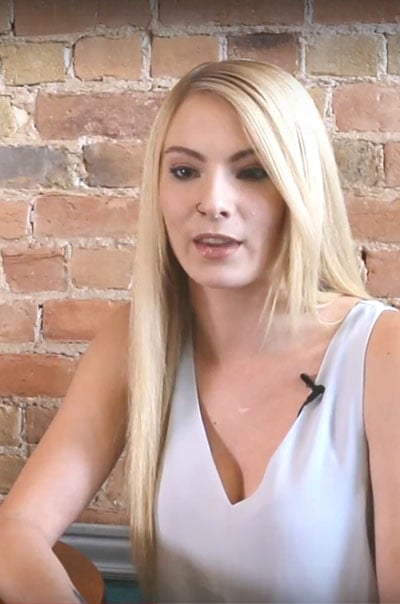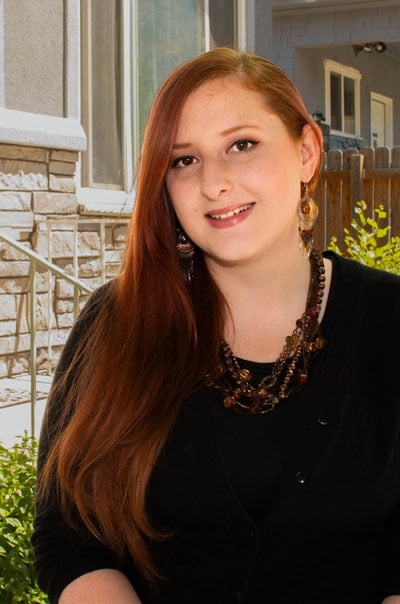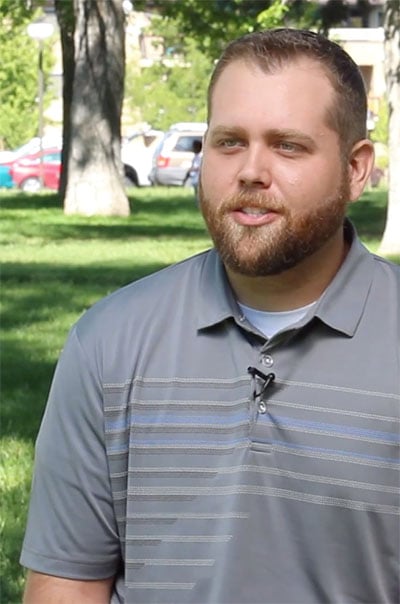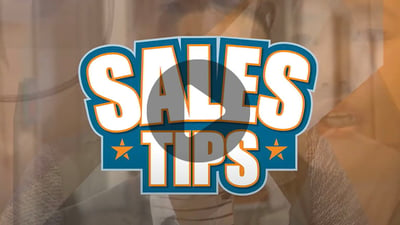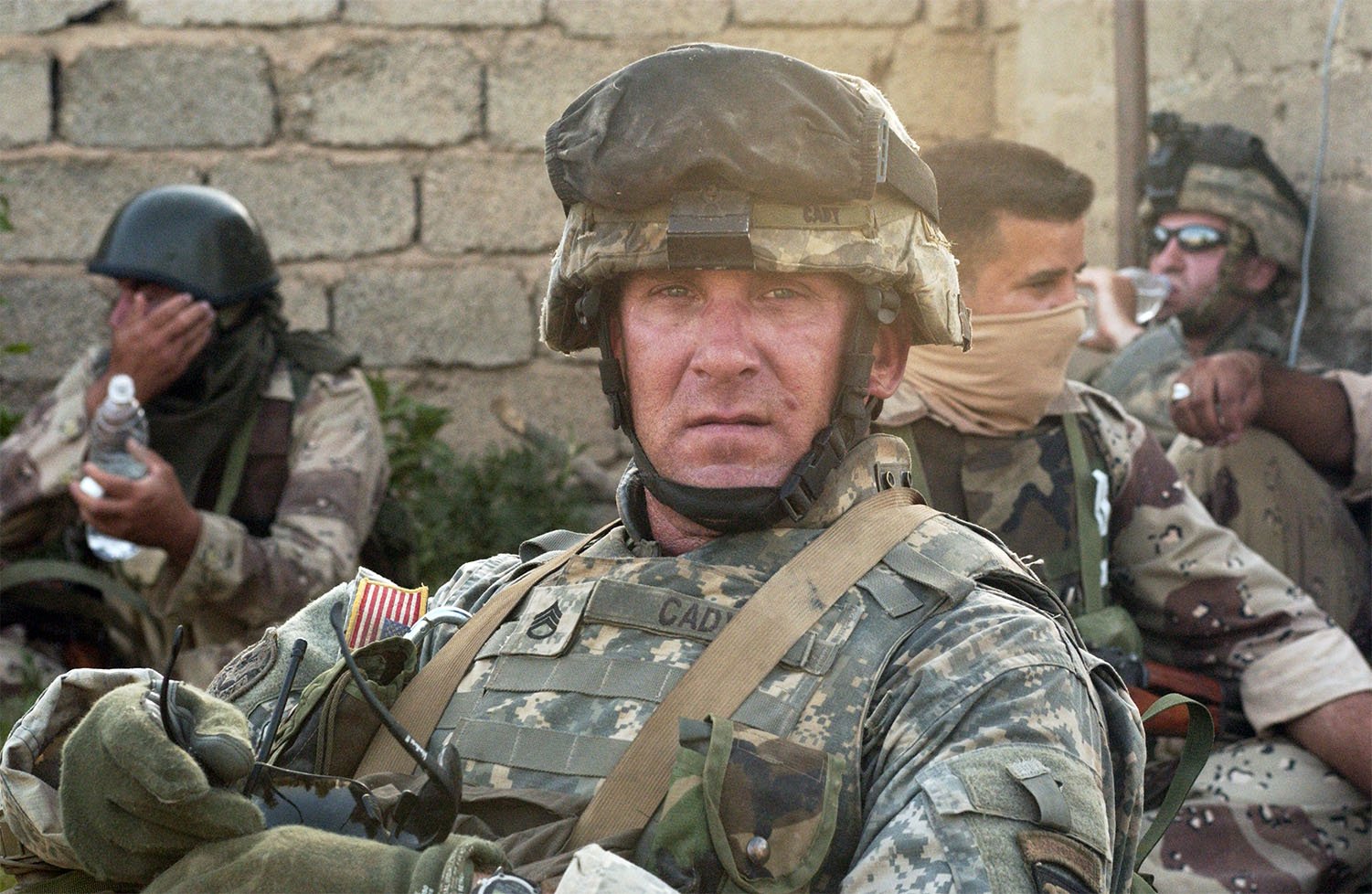
In 2006, I was stationed in Baqubah, Iraq as a Combat Videographer in the United States Air Force. In that role, I was attached to Army units with the 4th Infantry Division and 10th Special Forces Group, along with other American and Iraqi military units. It was one of the best and one of the hardest experiences of my life. I think most people who have served in the military—especially if they’ve served in an active warzone—would agree that they’re better people for having lived through some of those moments. I have since left the Air Force, but I am certain today that military service has made me and millions of other veterans throughout the country stronger candidates in the civilian workforce for three key reasons.
Veterans know how to work under extreme pressure. From day one of “boot camp,” members of each branch of the military are placed into loud, stressful, and confusing situations on purpose. These scenarios teach them to remain calm, communicate well, and continue to do their jobs in some of the loudest and most stressful work environments on earth. (For example, imagine a paramedic doing their job, then add bullets and mortars to an already chaotic situation.) I’ve seen this first-hand—calm and deliberate communication in the middle of absolute chaos—and I’ll never forget it. It might be the most impressive thing I’ve seen in my life.

Taking that kind of experience and implementing it into the workforce benefits a civilian employer. Veterans in today’s workforce can bring a calming presence when things get tense, because they’ve experienced levels of stress most people can’t imagine. The ability to remain poised during stressful times can directly influence others’ attitudes and is passed up and down an organization. This can help others overcome challenging moments, resulting in a happier, more confident workforce.
Experiencing that kind of pressure means that veterans have learned how to adapt well and adapt fast. There’s nothing like a warzone to teach someone how to adjust to a changing environment quickly. They don’t have the luxury of adapting over days or weeks in chaotic situations. Veterans often are put into conditions where decisions need to be made on the fly with little to no information. This teaches them not to second guess themselves. In the civilian workforce, we’re often asked to do the same thing, and veterans inherently bring this skill to the table.
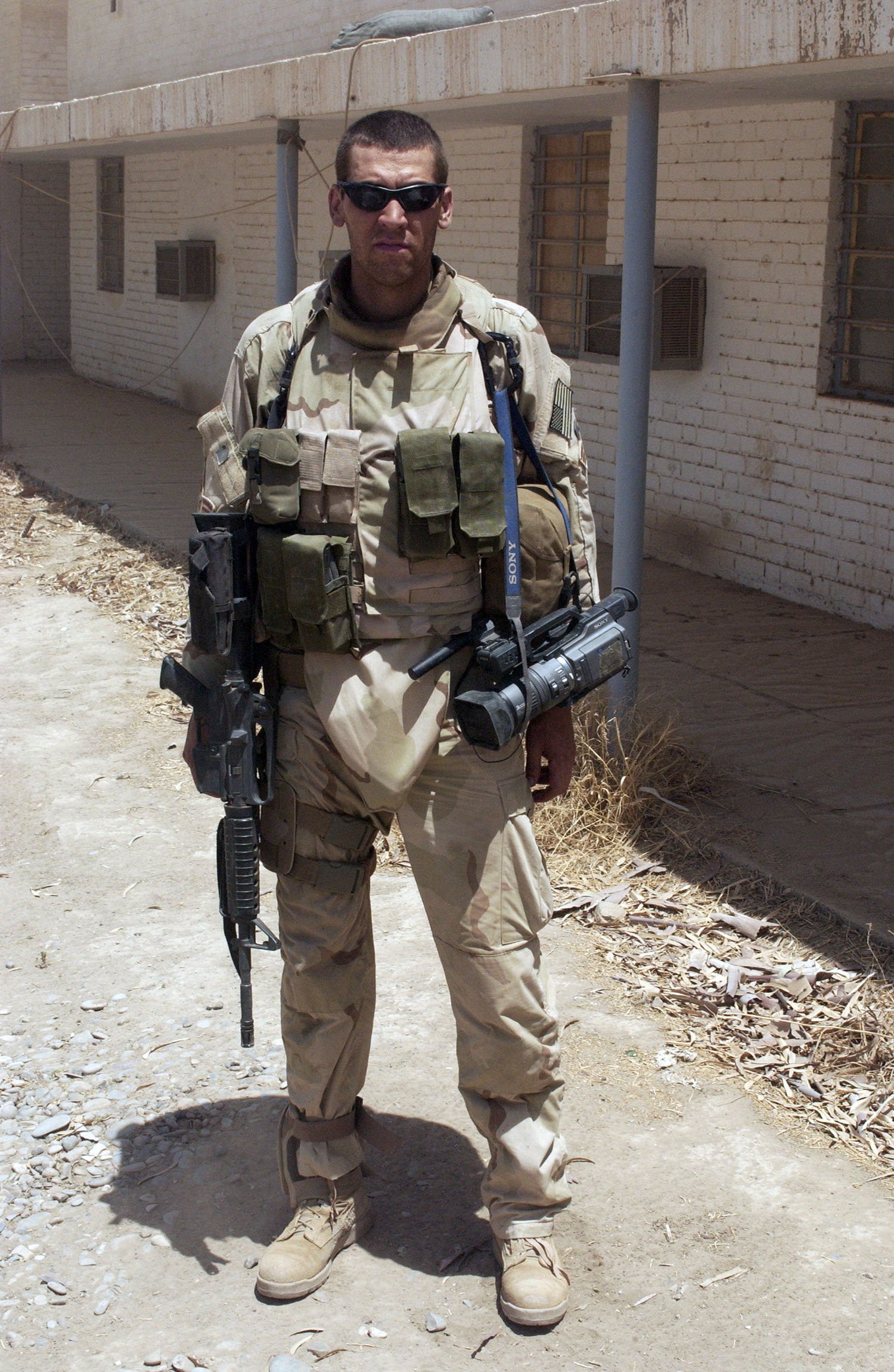
Every veteran I know is empathetic and this is another skill that should transfer into the civilian workforce. Empathy is why many veterans joined the military in the first place. We wanted to be a part of an organization that would do good in the world. The kind of good that the military has been known for from the beginning. The kind of good that changed the history of the world countless times. I am reminded of a great Ted Talk by Simon Sinek, who shared a story about a Soldier named Captain William Swenson who was awarded the Medal of Honor for his heroic actions in Afghanistan in 2009. On multiple occasions, Captain Swenson ran into gun fire to rescue Soldiers under his command and is shown in this video shot from a GoPro camera leaning in to kiss one of his wounded Soldiers on the forehead before he goes back into the battle. (Watch for it at about the 4:10 mark.) “Where do people like that come from?” Sinek asks. “What is that? That is some deep, deep emotion.” I agree. That is some deep emotion, indeed.
Empathy is practiced daily in the military and preached through phrases such as “service before self,” a motto I recited daily as I went through 6 months of Air Force training. Those ideas, practiced by people like Captain Swenson and preached by each branch of the military, are as applicable to the civilian workforce as they are in the military. This makes veterans great leaders as they put their team’s success and growth ahead of their own. They know how to work hard and get the job done, but when to balance that with empathy and understanding. This skill breeds trust, respect, and a positive work environment.
Thankfully, the current unemployment rate for veterans in the US is low. My hope is that as leaders in the civilian workforce, we more actively seek to hire veterans and make them a part of our teams. I, for one, appreciate that MarketStar recognizes its veterans each year and values our unique contributions. Veterans bring many skills to the table beyond working under pressure, making quick decisions, and empathy. The skills, strengths, and enhancements they bring into a civilian work environment will enrich workplaces and improve businesses.
